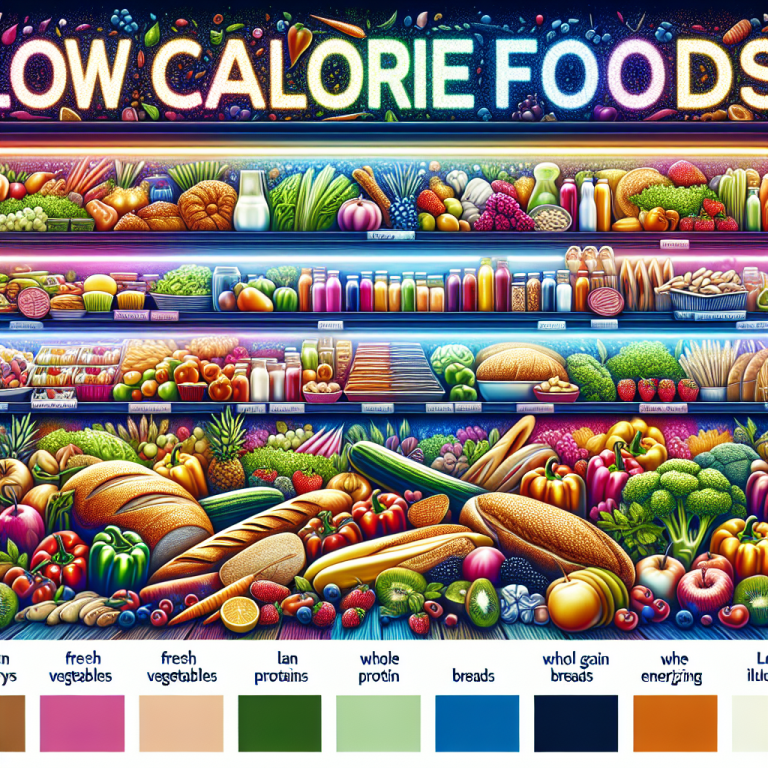Calorie Breakdown: Understanding the Nutritional Content of Burger King Fries
Burger King fries are a popular side dish loved by many. These crispy delights are not just about taste; they also come with a specific calorie count that can impact your diet. Understanding the calorie content and nutritional value of Burger King fries can help you make informed dietary choices. Whether you’re counting calories or…
Burger King fries are a popular side dish loved by many. These crispy delights are not just about taste; they also come with a specific calorie count that can impact your diet. Understanding the calorie content and nutritional value of Burger King fries can help you make informed dietary choices. Whether you’re counting calories or just curious about what you’re consuming, knowing the details can be beneficial. Let’s explore the nutritional aspects of Burger King fries and see how they fit into a balanced diet.
Nutrition Facts
Serving Size 1 serving (100g)
Amount Per Serving
Calories
312
| Total Fat | 15.0 g | 23% |
| Saturated Fat | 2.5 g | 13% |
| Trans Fat | 0 g | 0% |
| Cholesterol | 0 mg | 0% |
| Sodium | 579 mg | 24% |
| Total Carbohydrate | 41.0 g | 14% |
| Dietary Fiber | 3.8 g | 15% |
| Total Sugars | 0.3 g | 1% |
| Protein | 3.4 g | 7% |
| Vitamin D | – | 0% |
| Calcium | 11 mg | 1% |
| Iron | 0.8 mg | 4% |
| Potassium | 579 mg | 12% |
* The % Daily Value (DV) tells you how much a nutrient in a serving of food contributes to a daily diet.
2,000 calories a day is used for general nutrition advice.
Nutrient Distribution
Calorie Burn Time
How long would it take to burn off total calories from 100g of Burger King fries?
FAQs
Final Words
Burger King fries offer a tasty treat with a moderate calorie count. While they are high in carbohydrates and fat, they can be enjoyed as part of a balanced diet when consumed in moderation. Being mindful of portion sizes and pairing them with healthier options can help maintain a nutritious diet. Remember, balance is key to enjoying your favorite foods while maintaining a healthy lifestyle.



